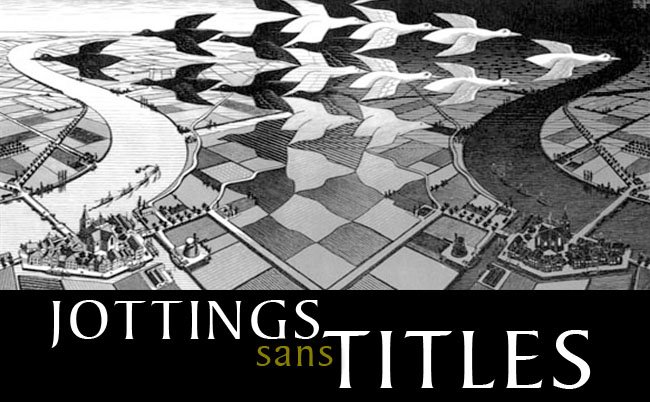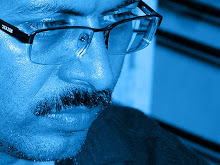
It started as a language exercise in the German class the other day. Our professor told us to try our hand in writing a little poetry after explaining the nuances of Vergnügungen, a poem by Bertold Brecht. The original poem is in German (Deutsch). But she told us to write it in English. “We can translate it at the end of the term”, she said. I was not thinking much about the form or content when I attempted it. Words came. Like Pablo Neruda said, “Poetry arrived in search of me. I don't know, I don't know where it came from…” No, no… I am not claiming what I wrote was a great poem. I even don’t know whether it could be called a poem. But I liked the result. Here it is.
Pleasures
Solitude
Company of loved ones
Listening to a favourite song
Watching the rainbow
Walking in the rain
Riding a bike along a country road
Walking the streets of a strange town at dusk
Visiting an old temple
Long drives
Short walks
Music
Silence
Dark nights
Bright afternoons
Rainy evenings
Waking up
Falling asleep
Placid lake
Choppy sea.
Now read the original…
Vergnügungen / Bertold Brecht
Der erste Blick aus dem Fenster am Morgen
Das wiedergefundene alte Buch
Begeisterte Gesichter
Schnee, der Wechsel der Jahreszeiten
Die Zeitung
Der Hund
Die Dialektik
Duschen, Schwimmen
Alte Musik
Bequeme Schuhe
Begreifen
Neue Musik
Schreiben, Pflanzen
Reisen
Singen
Freundlich sein.
…and here is the translation
Pleasures / Bertold Brecht
The first view from the window in the morning
The rediscovered old book
Enthusiastic faces
Snow, the change of seasons
The newspaper
The dog
The dialectic
Showers, swimming
Early Music
Comfortable shoes
Comprehension
New Music
Writing, Plants
Travel
Singing
To be friendly.
I decided to post this in my blog simply because it gives the blog a different look and adds some variety.









